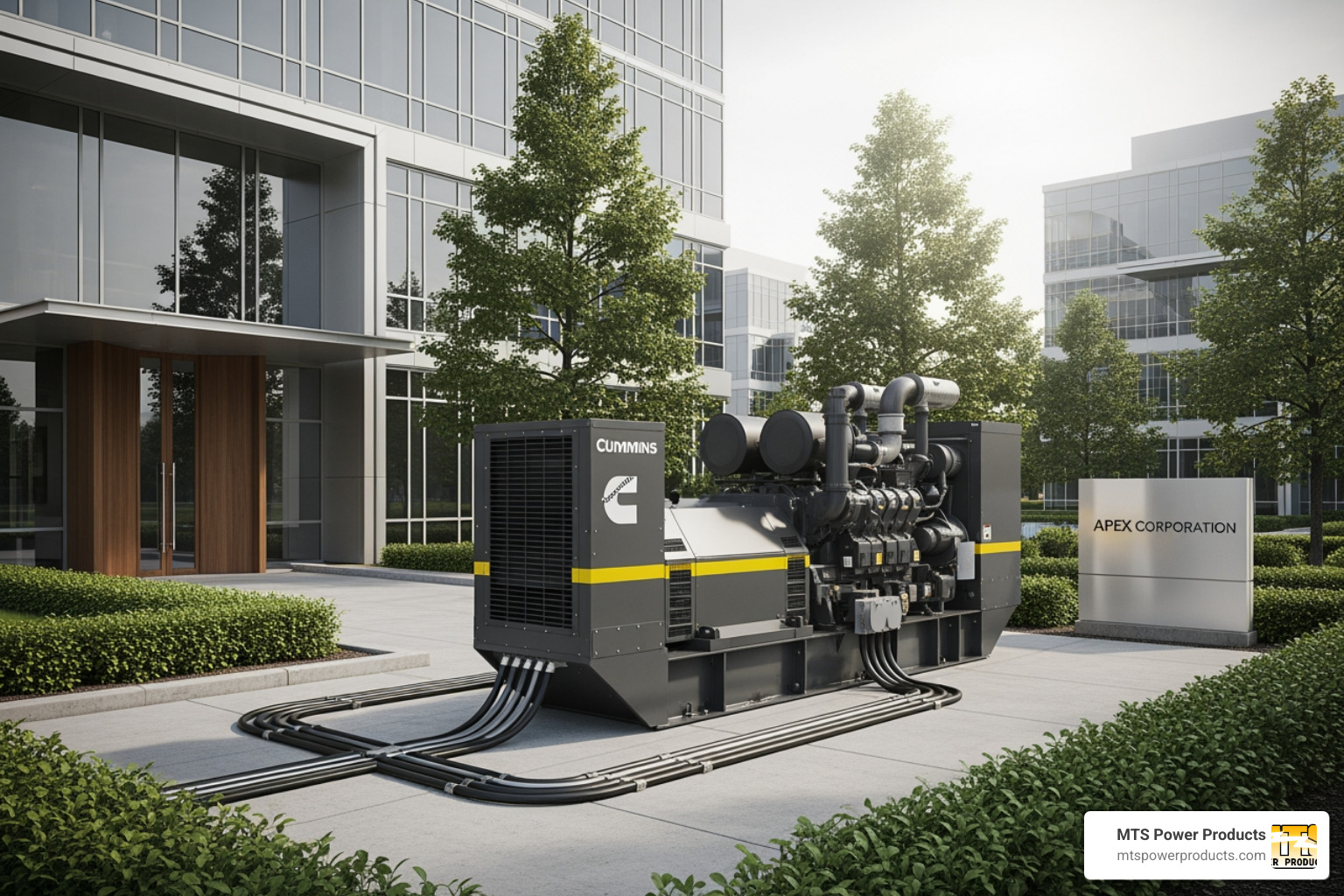
Buy Direct
from the Manufacturer
Sell our Products
Become a Distributor
Discounts
on volume purchases
Visit Us
at our Miami office
from the Manufacturer
Become a Distributor
on volume purchases
at our Miami office
With hurricane season fast approaching many of us may find ourselves thinking about purchasing a generator. But what are your options and what are the differences between them? First, it is important to differentiate standby or portable generator from commercial generators.
A portable generator is typically just that portable. They range in size but can usually be stored in a residential home storage shed or storage closet. They usually come with an optional wheel kit so they can be moved by hand easily.
These differ greatly from mobile or towable generators and commercial generators. Commercial generators are typically much larger and produce enough power to run an entire home or commercial building. Unlike a portable generator there permanently anchored to a slab, typically run on natural gas, are hardwired into the structure with an automatic power transfer switch and are much more expensive.
A standby or portable generator typically runs on gas and depending on the unit may only supply enough power to run a few appliances and devices at one time. These are some things that you need to take into consideration if you choose to purchase a portable generator.
One thing that many people overlook when they purchase a portable generator is that the generator is of no use to you if you do not have gasoline to run it. It is important that you stock up on enough gasoline to run your generator for as long as you believe you will be without power. A typical portable generator will usually have a gas tank that holds about 4 gallons and can run for about eight hours.
Another consideration is calculating the wattage needed to run your appliances and devices. For instance, if you wanted to run a refrigerator small wall air conditioner unit a television, a light and charge some of your devices you would need a 3400 continuous watt generator. Although you only need 3400 watts to run these appliances and devices you must also be sure the generator can produce a 4000-watt surge during startup. This is because a greater wattage is needed to start the generator then will be needed once it is up and running.
Another thing to take into consideration is that a portable generator is very noisy and cannot be run in enclosed spaces due to emissions. So you will need to make sure that you stock up on extension cords and power strips in order to run power from an outdoor area where the portable generator is located to the different appliances or devices you want to power.
Some portable generators have a pull start similar to a lawnmower but many come with electric start options as well.
Depending on your power needs, the brand that you choose you can find portable generator starting at $250 but the price could go into the thousands. Depending on the time of year that you purchase your generator the prices may vary. This is because during hurricane season the demand is higher and typically the prices will follow.
In conclusion, on some things to think about when choosing your generator are do you want a portable generator or a commercial generator. Do you want to have to buy gasoline and store it in the event of an emergency or would you rather have a generator that is hooked up to natural gas. Do you want to have to go outside set up the generator and run cables into your home or business. Or would you like a commercial generator that automatically transfers power to your structure when needed and is hardwired into your electrical system.
Whichever you choose it is important to pre plan and stay safe in the event of any power outage.